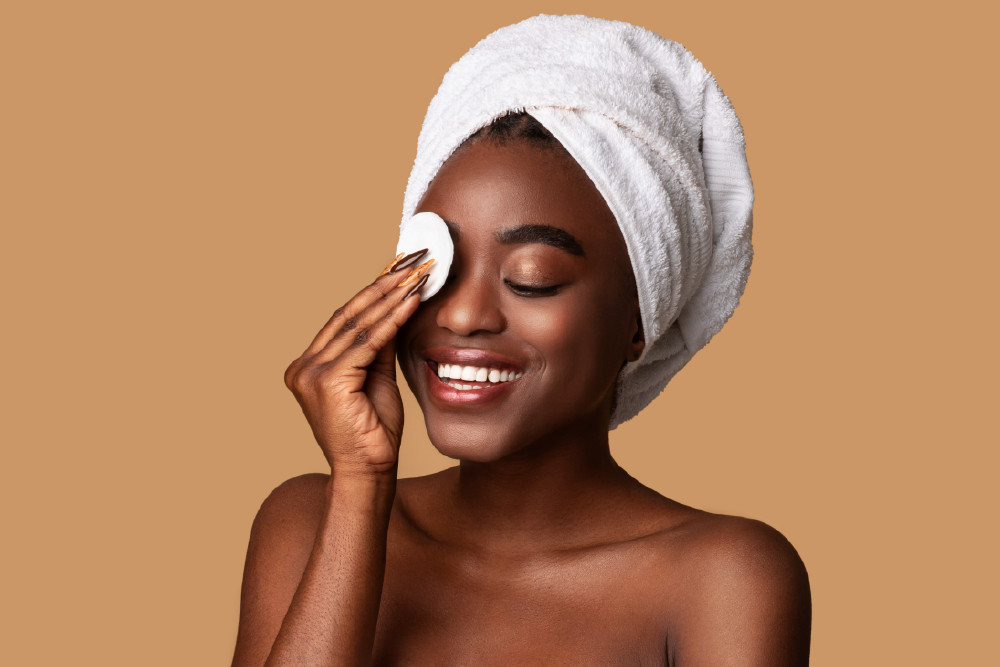- Attaining the "perfect look" comes at a steep price. Whether it's non-invasive treatments like Botox and laser facials or major surgeries, the beauty industry thrives on exploiting people's insecurities.
In a society fixated on appearances, beauty has transformed from a mere concept into a full-fledged industry. The relentless pursuit of ever-changing beauty ideals has driven individuals to extreme measures, whether through costly skincare routines or risky cosmetic procedures promising flawlessness.
The influence of social media, celebrity culture, and the booming beauty sector has cultivated a craving for flawless aesthetics, often at a steep emotional, physical, and financial expense. But is the quest for beauty truly worth the sacrifices we make?
Cosmetic enhancements are no longer exclusive to the elite; they have become accessible to anyone willing to invest in their transformation, thanks to payment options and medical tourism. Treatments like lip fillers, Brazilian Butt Lifts (BBLs), and nose jobs have surged in popularity, fueled by social media trends and influencers who establish unrealistic beauty standards.
The rapid pace of beauty trends on platforms like Instagram and TikTok has left many feeling overwhelmed. One moment, plump lips and hourglass figures are in vogue; the next, sharp cheekbones and slender silhouettes take the spotlight. This constant flux propels individuals into a cycle of perpetual alterations, chasing an ideal that is constantly shifting. The danger lies in the normalization of these procedures—what was once a personal choice is now viewed as a necessity to keep up with societal expectations.
Attaining the "perfect look" comes at a steep price. Whether it's non-invasive treatments like Botox and laser facials or major surgeries, the beauty industry thrives on exploiting people's insecurities. A single procedure can cost a fortune, yet many are willing to accumulate debt in pursuit of their desired appearance. In regions where medical tourism is prevalent, individuals travel great distances to undergo procedures at lower costs, sometimes risking their safety for discounted surgeries and subpar outcomes.
Read More
Beyond surgical interventions, the upkeep of beauty comes with a hefty price tag. The global beauty market is valued in the billions, with individuals investing in skincare, cosmetics, hair treatments, and fitness regimens. Social media influencers incessantly endorse a plethora of beauty products, fostering a culture where natural beauty is often deemed inadequate. The financial strain is substantial, yet millions continue to pour resources into beauty as if it were a necessity rather than a choice.
The pursuit of beauty is not only financially draining—it can also take a toll on mental well-being. Constantly measuring oneself against unattainable beauty standards can lead to body dysmorphia, diminished self-esteem, and even depression.
Research indicates that young individuals, in particular, feel compelled to conform to certain beauty norms due to the prevalence of social media filters and heavily edited images. What was once a desire for enhancement has morphed into an unhealthy fixation for many, fostering a detrimental relationship with their bodies.
Furthermore, cosmetic procedures do not always deliver the confidence boost promised. Many individuals who undergo surgery find themselves dissatisfied, yearning for further alterations. This cycle of self-criticism and modification perpetuates an endless pursuit of perfection that remains elusive.
The cost of beauty transcends monetary value—it exacts a toll on self-esteem, mental health, and physical wellness. While striving for self-improvement is not inherently negative, the escalating fixation on unattainable beauty standards prompts critical questions: How far are we willing to go? And at what expense?
Beauty should serve as a source of empowerment, not a ceaseless quest for perfection. As society progresses, perhaps it's time to redefine beauty—not as a rigid standard dictated by trends, but as something distinctive and personal. True beauty, ultimately, lies not in our outward appearance but in our inner sense of self-worth.



-1772102940-md.jpg)


-1772090413-1772095461-md.jpg)
-1772094026-md.jpg)

-1772102940-sm.jpg)


-1772090413-1772095461-sm.jpg)